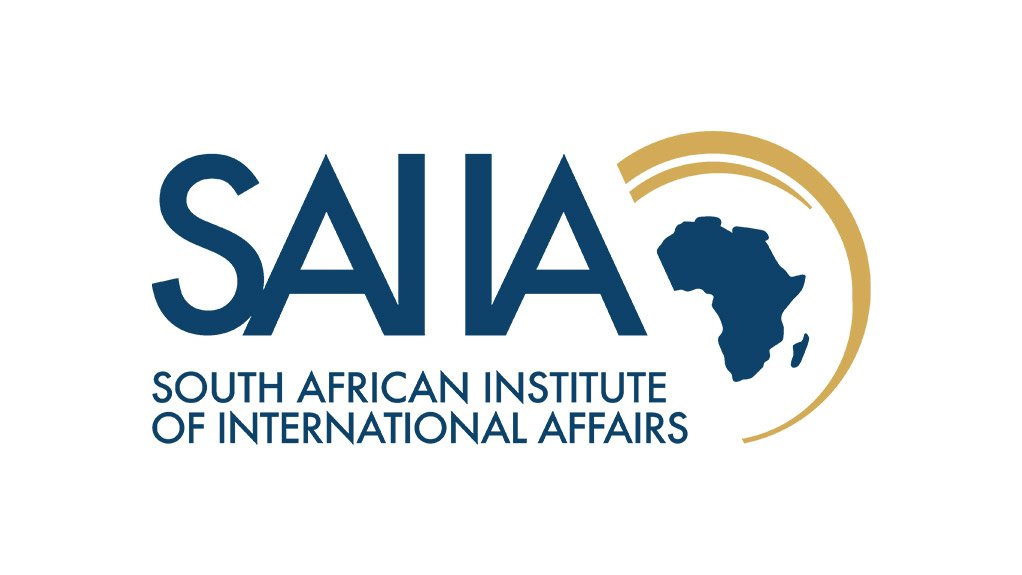The South African Youth Gender Action Plan is a youth-driven policy framework that provides a roadmap for addressing gender-based violence and creating gender-inclusive spaces.
The South African Youth Gender Action Plan (SA YGAP) is an initiative crafted by over 1,000 young representatives from 150 organisations across the nation. This youth-driven policy framework aims to guide policymakers, government bodies, civil society organisations, and academic institutions toward creating more gender-inclusive spaces. Developed through a collaborative effort led by the Youth Programmes at the South African Institute of International Affairs (Youth@SAIIA) and the Youth Policy Committee (YPC), the SA YGAP emerged from a series of national workshops, dialogues, and conferences.
Following its drafting and publication, the document was officially presented to officials from the Department of Women, Youth and Persons with Disabilities, and UN Women South Africa Multi-Country Office on 25 August 2023, in Johannesburg. In a bid for wider accessibility, translations of the SA YGAP into isiZulu and Afrikaans are underway, with plans for additional translations into other official languages of South Africa.
While acknowledging the strides made by the South African government and civil society in promoting gender inclusivity and combatting gender-based violence (GBV), the SA YGAP underscores the need for intensified efforts. Recognising the disproportionate impact of violence on marginalised communities, particularly in South Africa, youth advocates stress the importance of sustainability, affordability, and accessibility in GBV eradication strategies. The SA YGAP emphasises the necessity of inclusive policy-making, ensuring the representation of marginalised voices throughout its development. The thematic pillars outlined in the SA YGAP provide a roadmap for addressing GBV and promoting gender equality across various sectors. Pillar 4, specifically focused on GBV, acknowledges the nuanced nature of the issue and advocates for tailored interventions. Sub-sections within Pillar 4n highlight key areas for intervention, including ‘Police and Security Services’, ‘GBV and Capacity Building’, and ‘GBV in Educational Institutions and the Workplace’.
The SA YGAP calls for comprehensive trauma-support programmes within law enforcement agencies, recognising the critical role of the South African Police Services (SAPS) in supporting GBV survivors. It emphasises the need for systemic change, urging collaborative efforts to disseminate information on GBV prevention and support mechanisms.
Furthermore, the SA YGAP addresses GBV within educational and workplace settings, advocating for proactive measures to address systemic issues and create safer environments. By targeting root causes and promoting awareness and empowerment, the initiative aims to dismantle barriers perpetuating GBV.
In conclusion, the SA YGAP serves as a testament to the collective efforts of South African youth in combating GBV. By amplifying marginalised voices and advocating for systemic change, the initiative paves the way for a more inclusive and equitable society. As stakeholders unite behind principles of empathy and empowerment, the SA YGAP offers a beacon of hope in the struggle to end GBV.
Research by Chiara Jeptha, Simphiwe Masilo, Arvash Sewpaul
Published by the South African Institute of International Affairs. This article was first published in Collective Action Magazine.
EMAIL THIS ARTICLE SAVE THIS ARTICLE ARTICLE ENQUIRY
To subscribe email subscriptions@creamermedia.co.za or click here
To advertise email advertising@creamermedia.co.za or click here











